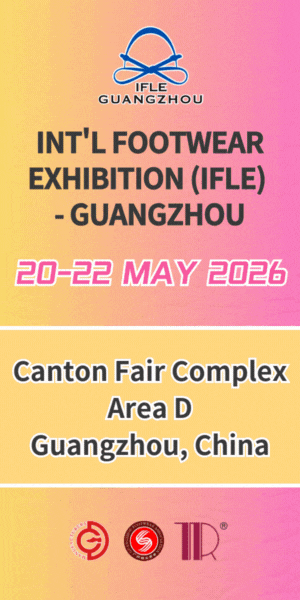Time for tanners to shout about low-carbon leather, COTANCE says

At the 2020 annual general meeting of COTANCE in Vienna on September 7, the organisation’s current president, Andreas Kindermann, chief executive of Wollsdorf Leather, said it is becoming “increasingly urgent” to have pan-European legislation on leather’s authenticity.
Speaking after the meeting, Mr Kindermann, said legislation like the new leather law that will come into force in Italy in October is a must in all European Union countries. He said this was essential “in the light of the expansion of false descriptions on online sales platforms”, where synthetic materials are all-too frequently presented as leather.
Mr Kindermann, who was re-elected as COTANCE president at the event and asked to to continue to steer the organisation through the covid-19 crisis, said: “These are critical times that require forceful action on promoting leather and the leather industry.”
He went on to say that leather manufacturers can make their own contribution to this effort by undertaking lifecycle assessment (LCA) studies of the different types of leather they produce and establishing a product environmental footprint (PEF) for them (please see separate news story on this subject). He referred to this as “consolidating” the work COTANCE has already done to convince the European Commission to accept PEF category rules it has developed for the leather industry. COTANCE began work on this in 2013 and finally won approval in 2018.
In his comments in Vienna, Mr Kindermann said that one of the most important aspects of this COTANCE achievement was in convincing the authorities that leather’s allocation of the upstream carbon footprint of cattle should be “close to zero”, allowing the industry to present leather as a low-carbon-footprint material.
Mr Kindermann said that, because leather is an excellent example of upcycling, zero was the correct allocation.








